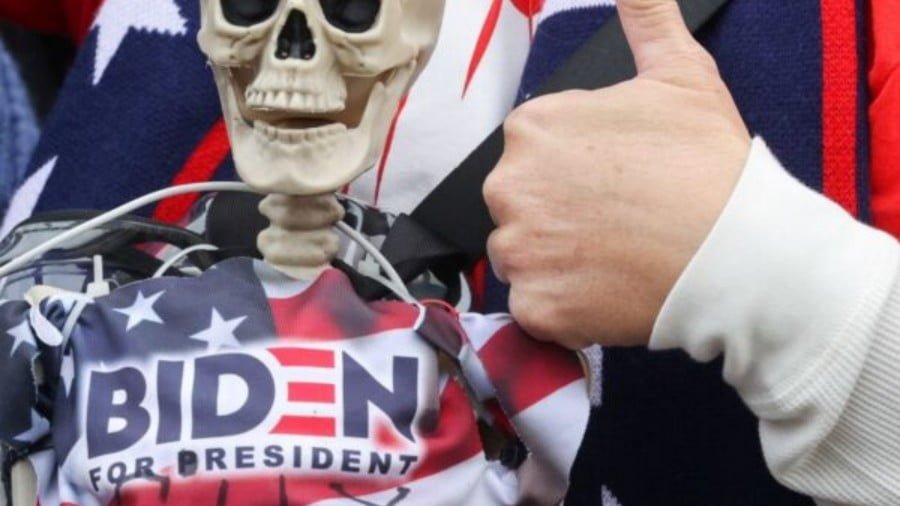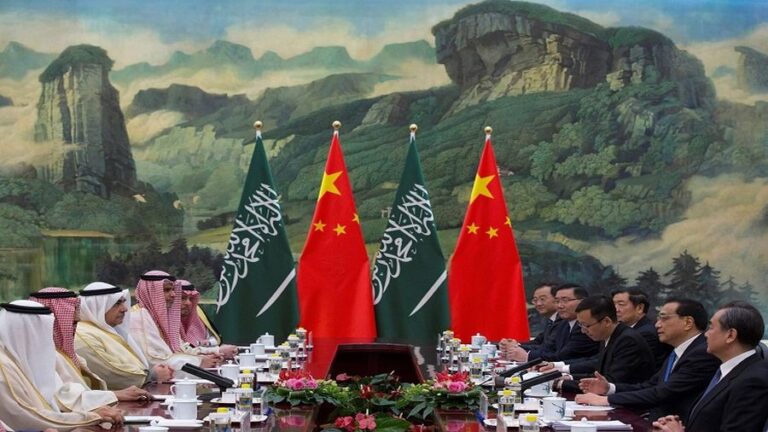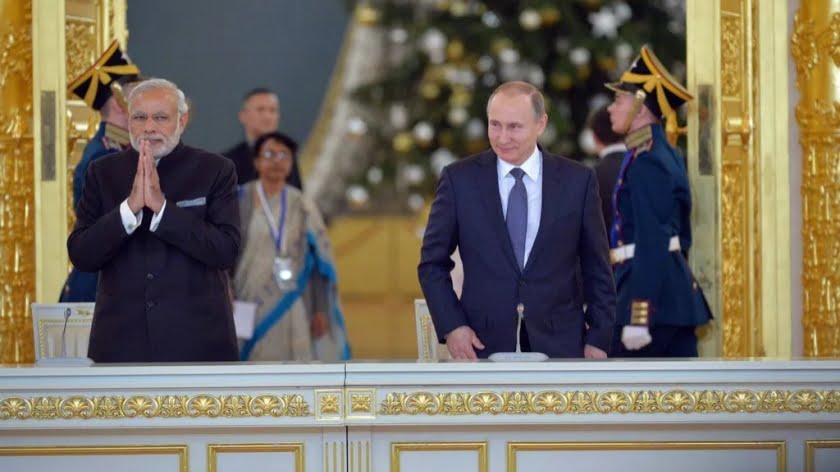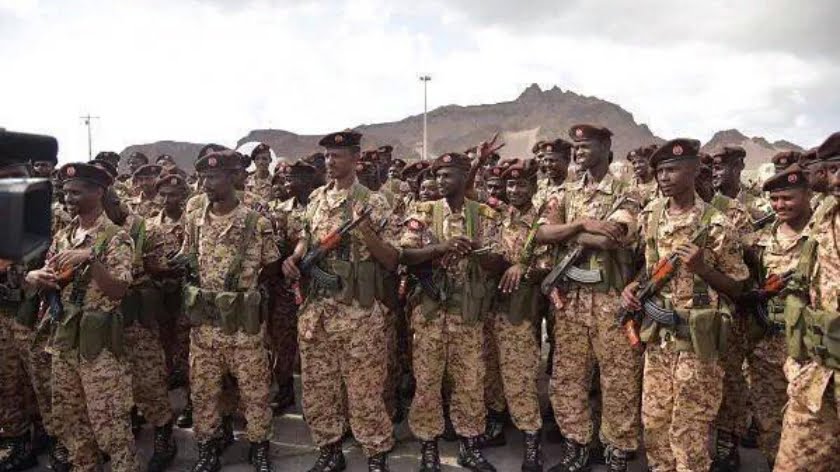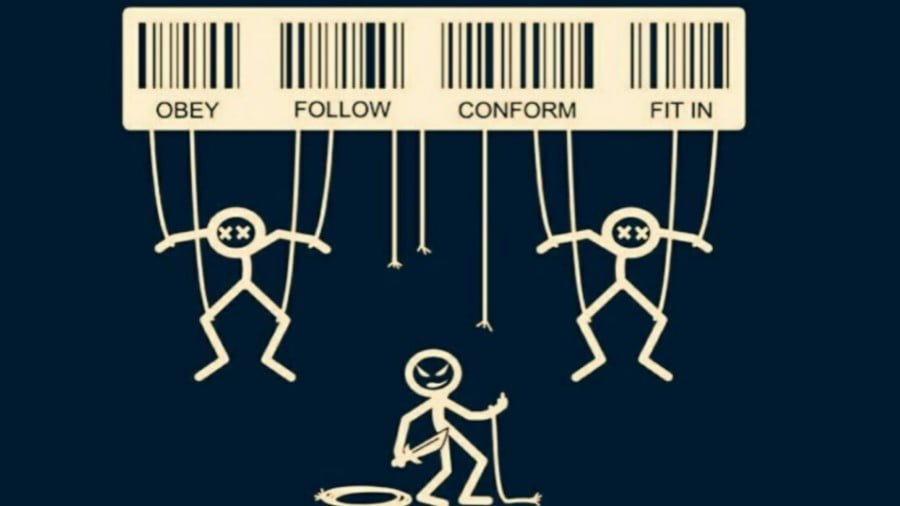Biden, China and Russia
U.S. President-elect Joe Biden isn’t a liar or deceiver on anything like the scale of his about-to-be predecessor who has made over 20,000 “false or misleading statements” during his disastrous presidency. But Biden does tell the occasional whopper, as, for example, when he claimed to have met the Soviet premier Alexei Kosygin in Moscow in 1979. He is recorded as having written in 2007 that “Brezhnev looked grey; we didn’t know it but he was already sick and dying. The Soviet president excused himself after introductions and turned the meeting over to Kosygin.” That seems all right. But it isn’t, because an historian at the University of Lille in France, Andrei Kozovoi, researched the visit and found that Brezhnev never mentioned meeting Biden, and nor did his secretary or anyone else on the visit. Former Senator Bill Bradley was in the group with Biden and is reported as saying “Brezhnev was in no meeting that I was in and I was in all the delegation meetings on that trip.”
Then there is Biden’s claim that he was arrested in apartheid South Africa in 1990 for allegedly “trying to get to see” Nelson Mandela in prison. The Washington Post discovered that this story was also a load of nonsense — and Biden was forced to admit this.
Which brings us to Biden’s interview published in the New Yorker in July 2014 in which he is quoted as describing a visit to Moscow in 2011 during which he met then Prime Minister Putin. Biden said “I had an interpreter, and when he was showing me his office I said, ‘It’s amazing what capitalism will do, won’t it? A magnificent office!’ And he laughed. As I turned, I was this close to him,” Biden said, signalling that the two leaders were standing just inches apart. “I said, ‘Mr. Prime Minister, I’m looking into your eyes, and I don’t think you have a soul’.” Pressed on if the anecdote was true, Biden confirmed, “absolutely, positively . . . And he looked back at me, and he smiled, and he said ‘We understand one another’.”
Is this another Mandela story? A further figment of the Biden imagination? Or might it be true and, if so, what does it mean? And if it isn’t true, what can that mean?
The current stance of Washington concerning Russia and China is unreservedly antagonistic. They are regarded as enemies and U.S. national defence strategy includes the uncompromisingly confrontational intention “To restore America’s competitive edge by blocking global rivals Russia and China from challenging the U.S. and our allies.”
So far as Russia is concerned, Biden’s campaign committee published a pamphlet observing that “Joe Biden’s long-term support for the Baltic States and his trust in U.S. commitment to its NATO allies is contrary to that of Donald Trump, who has started to question the value of NATO alliances,” while “in May 2003 Biden enthusiastically voted for Estonian, Latvian and Lithuanian accession to Nato. Since then, Biden’s commitment to Baltic security has only increased.” And on 25 October 2020, Biden publicly declared that “the biggest threat to America right now in terms of breaking up security and our alliances is Russia.”
It is unlikely that Russia is overly concerned about Biden’s stance, although Moscow would rather develop mutual trade, further nuclear arms’ control, and improve overall cooperation while advancing ties with other regions and nations, notably China.
On 28 December Biden made his China policy clear by saying “As we compete with China and hold China’s government accountable for its abuses on trade, technology, human rights and other fronts, our position will be much stronger when we build coalitions of like-minded partners and allies,” but the unfortunate thing about that diatribe is that two days later, as the Financial Times reported, “The EU and China unveiled a long-awaited investment treaty that aims to open up lucrative new corporate opportunities.” The FT notes that Biden might be upset about this most desirable arrangement, described by the EU’s Trade Commissioner as the “most ambitious outcome that China has ever agreed with a third country” in terms of market access, fair competition and sustainable development. (And it makes the UK’s government look a bit stupid, given its recent jingoistic exit from the European Union.)
Was Biden unaware that the EU and China had been negotiating for seven years before reaching this agreement? And did nobody tell him about the conversation on 28 December between President Xi and President Putin? This exchange was not reported in such media as the New York Times, of course, but as recorded in China President Xi said he “stands ready to maintain close contact with his Russian counterpart, Vladimir Putin, in various forms in a bid to lead their countries towards deeper comprehensive strategic coordination and practical cooperation in various fields.” It wasn’t all prosaic politeness, of course, and Washington would do well to take note that China and Russia have cooperated in promoting “the steady development of bilateral economic and trade cooperation under the condition of regular COVID-19 prevention and control, and achieved new progress in aligning the construction of the Belt and Road with the Eurasian Economic Union.”
The South China Morning Post highlighted President’s Xi’s sentiments that “Sino-Russian relations are not affected by changes in the international situation or interference by any other factors. Strengthening strategic cooperation between China and Russia can effectively resist any attempt to suppress and divide the two countries.” But it seems that Washington is content to further unite China and Russia, because yet another allegation has been made about a supposed bounty being offered for attacks on U.S. personnel in Afghanistan.
In June 2020 the New York Times excitedly informed its readers that “American intelligence officials have concluded that a Russian military intelligence unit secretly offered bounties to Taliban-linked militants for killing coalition forces in Afghanistan.” The story was garbage, but the propaganda was effective, and now some more anonymous “senior administration officials” are spreading another juicy tale, this time claiming that “The U.S. has evidence that China attempted to finance attacks on American servicemen by Afghan non-state actors by offering financial incentives or ‘bounties’” and that the National Security Council “is coordinating a whole-of-government investigation.”
The propaganda campaign against China and Russia by the U.S. administration, aided by a relentlessly aggressive media, has proved effective, and an April Pew Poll shows that 62 per cent of Americans consider that “China’s power and influence are a major threat”, while 71 per cent have a negative view of Russia (although Europeans trust Putin more than Trump).
The big question concern’s Biden’s intentions. Does he really consider that President Putin “has no soul” and is “the biggest threat” to America? And is he unequivocally intent on trying to build a choking coalition against China? It would be a very good thing for countless millions of the world’s people if he reflected on the growing cooperation between Russia and China and decided that the U.S. should join in similar engagement.

